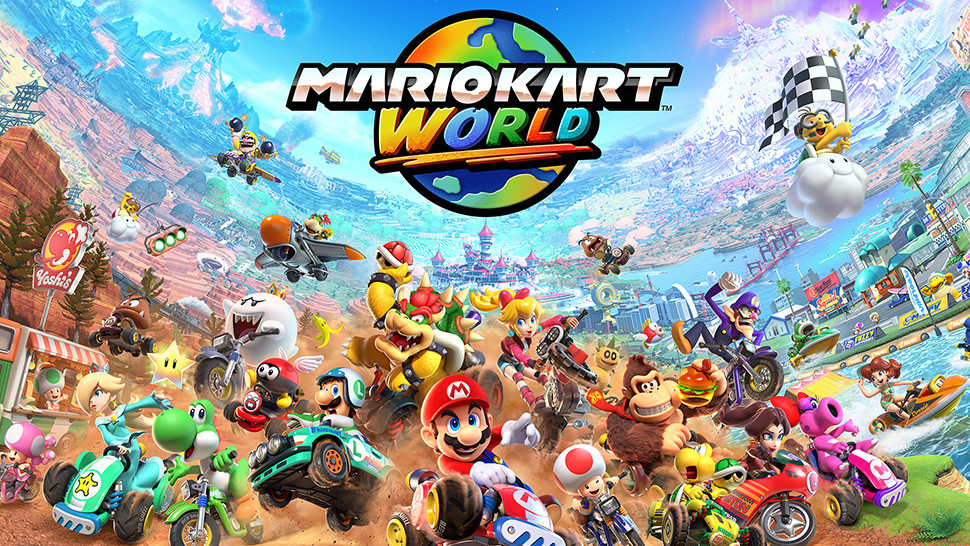The Guided Fate Paradox Review

 By Kevin Mitchell | Feb 17, 2014
By Kevin Mitchell | Feb 17, 2014
Roguelike. This role-playing game sub-genre induces fear while also providing an enjoyable, albeit frustrating and tense experience – if you have patience. Coming from NIS America and developer Nippon Ichi Software, I was expecting a game following suit of the strategy RPG fan-favorite Disgaea, but after a short time with The Guided Fate Paradox, I realized how different something can be even if it maintains a close resemblance.
Accessible for a roguelike game, The Guided Fate Paradox follows Renya Kagurazaka, a typical student wallowing in his own self-pity. You see, poor Renya never wins anything, ever. Unbeknownst to him, however, his fate will change forever after winning the lottery of a lifetime: to be God.
Upon winning, the angel running the lottery, in disguise of course, whisks him away to Celestia, serving as the main hub in the game. It is here Renya learns what is being asked of him, answering prayers across the universe by crawling through randomly generated dungeons – even in the most unlikely of places, fairy tales. At this point, I've already made up my mind and conceded to The Guided Fate Paradox for being completely outlandish. And I really like that.
Where there is good, you can expect to find the forces of evil trying to work against you to influence the fate of others to their own desires. As expected, the quirky characters and humor shine through in similar fashion to Disgaea. It's as if the developers didn't miss a beat moving from one intellectual property to a new one. I expected the same combat system as well, but as a roguelike title, there are some key differences. First off, turns are taken at the same time, instead of the alternating system that adorned Disgaea and many strategy RPG titles.
I found traversing across the randomly generated environments to be troublesome. I've wasted countless turns simply trying to turn and face an enemy. Any time a direction on the d-pad is touched, your character will move, but to turn and face a new direction you must hold down a button first. It feels a bit clumsy and counterintuitive.
Hopefully, you aren't overly attached to your equipment, as items acquired in one dungeon don't carry over into the next. Levels aren't permanent either, as they will reset when reaching the conclusion of a dungeon. You aren't left with nothing, however, as you will gain additional attributes to your stats that are permanent. Just like in the item-world of modern Disgaea titles, equipment gains experience, and when maxed, it is converted into a tile in the Divinigram providing permanent stat boosts.
Disappointingly, the sharp visuals from Disgaea D2: A Brighter Darkness are nowhere to be seen, as sprites have noticeably lacking animations and an overall low-res appearance.
Simply Put
A unique entry into the roguelike genre, The Guided Fate Paradox is punishing, with complex controls and a difficulty that requires you to sink countless hours attempting to complete the same mission numerous times. While the narrative is linear, the clever dialogue and unique nature of the story are well worth the grind.
Note: The Guided Fate Paradox was reviewed on PlayStation 3. A digital copy of the game was provided by the publisher/developer.




